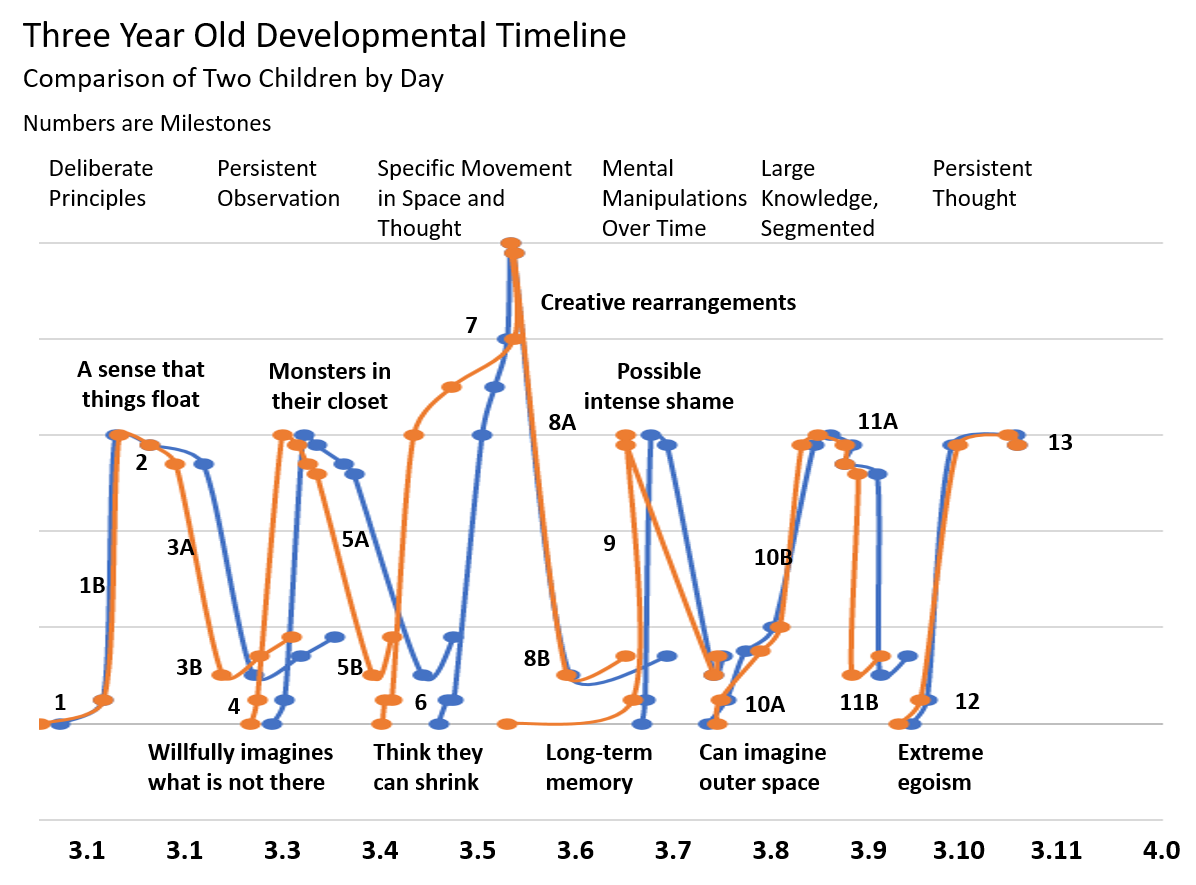

In our work with teachers and other adults concerned with young children’s education, we have noticed that children’s responses to picturebooks can evoke sentimental reactions from adults. This paper considers the educator’s role in open-ended discussion with children, drawing out the connections between the ethical commitment to listen to child/ren and beliefs about forms of knowing that underpin pedagogy. Such a circumstance may stem from its very adherence to the credence-giving measures espoused and employed by the positivist paradigm under which the research seems to have taken place.Ĭensorship of children’s voices takes many different forms: restricting access to certain texts, constraining the space in which they are viewed, failing to validate children’s questions and responses, interpreting their ideas within limiting perspectives on children’s thinking. Yet we have also rejected the claim that children and adults do not differ at all.” While this view is supported by a great deal of empirical evidence and appears to be a plausible point of departure for her subsequent positing of possible explanatory theories, it shows that despite a great deal of research not much has been learned.

To put it in her words, “Summarizing the literature reviewed in this section should cause us to reject the hypothesis that children and adults differ qualitatively both in terms of fantastical thinking and in terms of thinking about fantasy. Woolley’s article titled, Thinking about Fantasy: Are Children Fundamentally Different Thinkers and Believers from Adults, it is stated that there are areas of both convergence and divergence in the way adults and children think about things that are real and those that are in the realm of fantasy.


 0 kommentar(er)
0 kommentar(er)
